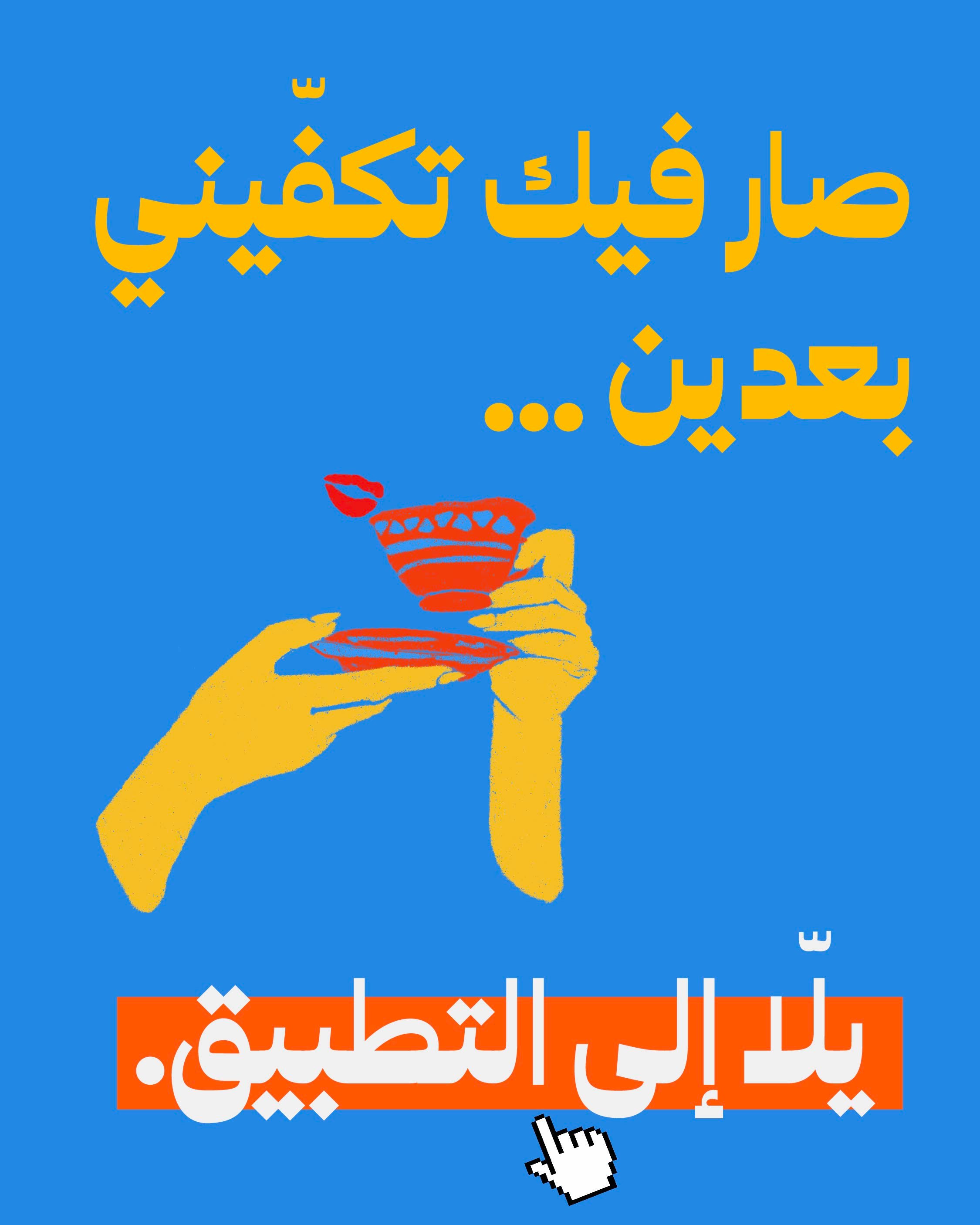Earlier this month, the mayor of Cannes banned burkinis, citing a possible link to Islamic extremism. At least 20 other French towns, subsequently followed suit. Most French politicians predictably supported the ban, including prime minister Manuel Valls, who dubbed the burkini “an expression of a political project, a counter-society, based notably on the enslavement of women”.
In one visually documented case, armed police forced a woman on a beach in Nice, situated in the commune of Villeneuve-Loubet, to remove her clothing. The set of images, shot by an AFP photographer, went viral on social media, prompting most newspapers to finger-point the French in regards to their paternalism and policing of women's bodies. Unfortunately, anybody jonesing for analyses on the burkini ban in France has probably come across a dizzying number of articles which have adopted a culturally relativist lens in order to “better” dissect – or simply give reason to/condemn – French laws on secularism. Commentators situated on opposing sides of the political spectrum equally failed to grasp the gravity of the matter at hand. My disappointment led me to word out a few disorganized thoughts on the French burkini ban in six points.
1) Few have shed light on France's insistence - which can be traced back to the Napoleonic era - on codifying bans related to tools that aim to disrupt the free flow of the male gaze. Unfortunately, the rare commentators who have done so, are going down a slippery slope of inadvertent promotion of the " burkini" as an anti-patriarchal weapon, which can potentially be equally problematic. Championing lifestyle politics as a necessary tool of everyday resistance, by way of choice of clothing in this case, does more harm than good as it seeks to trivialize the structural mechanisms that reproduce both racist and patriarchal oppression.
2) This isn't a direct attack on Islam as much as it seems to be a continuation of the French state's colonial project, its clearly insatiable obsession with "civilizing" its (now former) colonial subjects, particularly ones who happen to be Muslim women. The veil as an object in contemporary France has reawakened its fetish for colonial enterprise, which in part explains the country's foray into nationalist biopolitics. Social media users have rightfully reminded their readers and followers of the former colonial state's institutionalization of the act of undressing Algerian women in French Algeria.
3) In the set of images mentioned earlier, French policemen are literally undressing a woman in a public space. Liberal French feminists who were once concerned with the veil's "oppressive" connotations cannot afford to dismiss the violent symbolism that is contained within this act. We are literally witnessing, through the visual documentation of said act, the process of reclamation of a woman's body by a repressive state apparatus. A textbook concern of feminism, regardless of its sub-ideological inclinations.
4) Calling France an Islamophobic state is an incomplete statement. It doesn't really matter if it has an aversion to Islam as a religion or not. What matters, to me, is the following: France is a racist state, one that has othered its non-white residents to the point of dehumanization throughout the 20th century, and going into our current one. Only the "assimilated" other is deemed worthy of semi-equal legal and administrative treatment. Muslim women are automatically racialized, and therefore controlled, when they are seen wearing a veil, or in this case a burkini, simply because the French state deems itself entitled to take it off. Today, the gendered structural policing of Muslim women attests to the violence of neo-colonial assimilation à la française.
5) Following decolonization, France has loosened its immigration laws as a way to import Maghreban labor en masse. Since the majority of the country's Muslim population is North African, it is safe to say that they constitute an important part of its lower classes. Banning the burkini in public beaches ultimately serves to exclude a consequent number of proletarian and lower middle class women from public or state-owned spheres. Therefore, it undoubtedly assumes a classist tone. Moreover, one needs to adopt Lukàcsian terminology in order to map out where to go from there: France's enactment of racist policies initiates a form of epistemological deprivileging, which Lukàcsian methodology can then re-privilege. Muslim women's knowledge, privileged by virtue of its subaltern position in the French social totality, can and should be articulated in a way that calls into question the social order as such.
6) People calling for a "non-binary" view of the present situation are shamelessly looking for excuses to avoid solidarity with a seemingly pious Muslim woman. Some Arab feminist commentators, such as Palestinian-American academic Lama Abu-Odeh, have told their followers that they have failed to empathize with the burkini-wearing woman because, had she lived in a country with a Muslim majority, she'd have "shamed her daughters, nieces, and the female inhabitants of her neighborhood into wearing a veil". Incorporating a vengeful tone into one's general discourse reeks of spiteful - and honestly, quite dangerous - essentialism. Contextualization is key. The fact of the matter is, your views on the "veil", as well-intentioned and based on past experience and ideologically driven as they might be, are simply irrelevant. Either you condemn the subjugation, humiliation and criminalization of Muslim women residing in France by repressive state apparatuses, or you don't.
رصيف22 منظمة غير ربحية. الأموال التي نجمعها من ناس رصيف، والتمويل المؤسسي، يذهبان مباشرةً إلى دعم عملنا الصحافي. نحن لا نحصل على تمويل من الشركات الكبرى، أو تمويل سياسي، ولا ننشر محتوى مدفوعاً.
لدعم صحافتنا المعنية بالشأن العام أولاً، ولتبقى صفحاتنا متاحةً لكل القرّاء، انقر هنا.

